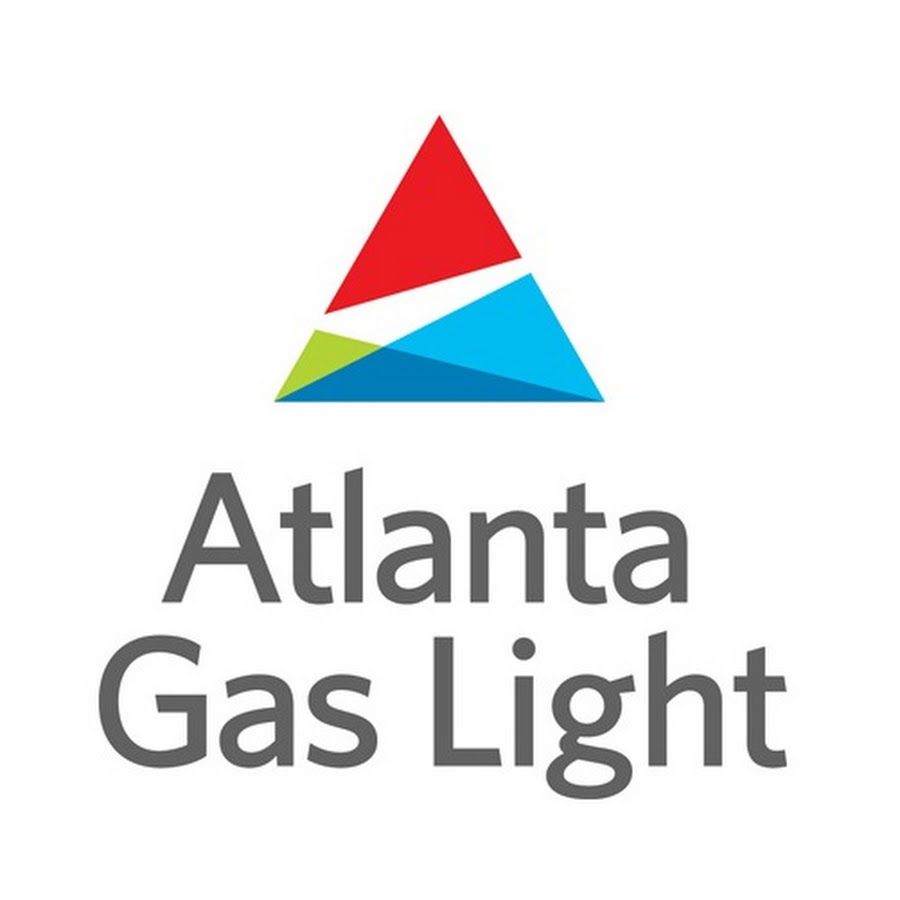The History of Natural Gas Choice in Georgia
The Natural Gas Competition and Deregulation Act of 1997 to Now
The deregulation of the natural gas industry in Georgia has transformed the way consumers access and purchase natural gas, providing more choices and fostering competition among providers. We'll cover the the history of natural gas deregulation in Georgia, starting with the Natural Gas Competition and Deregulation Act of 1997, the transition of Atlanta Gas Light to a pipes-only company, the emergence of natural gas marketers, and the impact of deregulation on consumers.
The Natural Gas Competition and Deregulation Act of 1997
The Natural Gas Competition and Deregulation Act of 1997 was a groundbreaking piece of legislation that changed the natural gas industry in Georgia. The Act aimed to increase competition and consumer choice by deregulating the natural gas market, allowing new providers to enter the market and compete with existing utility companies. The deregulation of the market opened the door for more competitive pricing, improved customer service, and innovative energy solutions.
Transition of Atlanta Gas Light to a Pipes-Only Company
Prior to the Act, Atlanta Gas Light (AGL) was the dominant natural gas provider in Georgia, responsible for both the delivery and sale of natural gas to consumers. Under the provisions of the Act, AGL was required to transition to a pipes-only company, focusing solely on maintaining and operating the natural gas infrastructure. This change allowed new natural gas marketers to enter the market and compete directly with AGL in selling natural gas to consumers, increasing competition and consumer choice.
The Emergence of Natural Gas Marketers
The deregulation of the natural gas market in Georgia led to the emergence of numerous natural gas marketers. These marketers purchase wholesale gas and sell it directly to consumers in deregulated areas. They offer various pricing plans and contract options to attract customers, fostering competition and driving down prices. As a result, Georgia residents now have more choices when it comes to selecting a natural gas provider, enabling them to find the best fit for their specific needs and preferences.
The Impact of Deregulation on Consumers
The deregulation of the natural gas market in Georgia has had a significant impact on consumers. Some of the benefits include:
- Competitive Pricing: The increased competition among natural gas providers has led to more competitive pricing, allowing consumers to choose from a variety of plans and rates that best suit their needs.
- Improved Customer Service: With more competition in the market, providers have been forced to improve their customer service and responsiveness to remain competitive.
- Innovative Energy Solutions: Deregulation has encouraged innovation in the industry, with many natural gas marketers now offering green energy options and energy efficiency programs to attract customers.
- Greater Consumer Choice: Consumers now have more options when selecting a natural gas provider, enabling them to find the best plan and pricing for their specific needs.
However, deregulation has also introduced some challenges for consumers, such as the need to carefully research and compare different natural gas marketers to find the best fit for their needs.
The history of natural gas deregulation in Georgia demonstrates how the Natural Gas Competition and Deregulation Act of 1997 transformed the state's energy market. The transition of Atlanta Gas Light to a pipes-only company and the emergence of natural gas marketers have increased competition and choice for consumers, leading to more competitive pricing, improved customer service, and innovative energy solutions. Understanding this history is essential for appreciating the benefits and opportunities that deregulation offers to Georgia residents today.
Ready to Shop, Compare & Sign Up for Natural Gas Service?

CompareNaturalGasGeorgia.com provides resources to help residents and businesses in Georgia intelligently select their natural gas provider and navigate the deregulated natural gas market.



